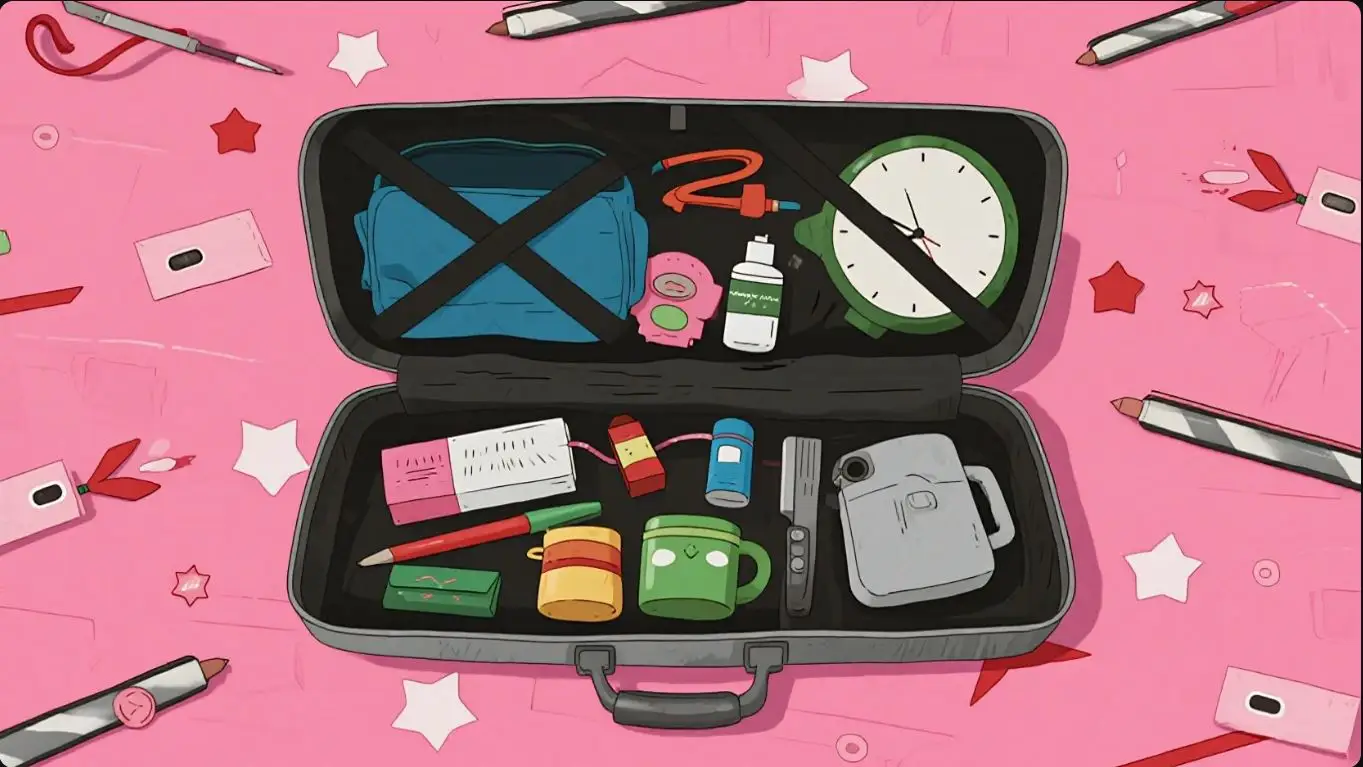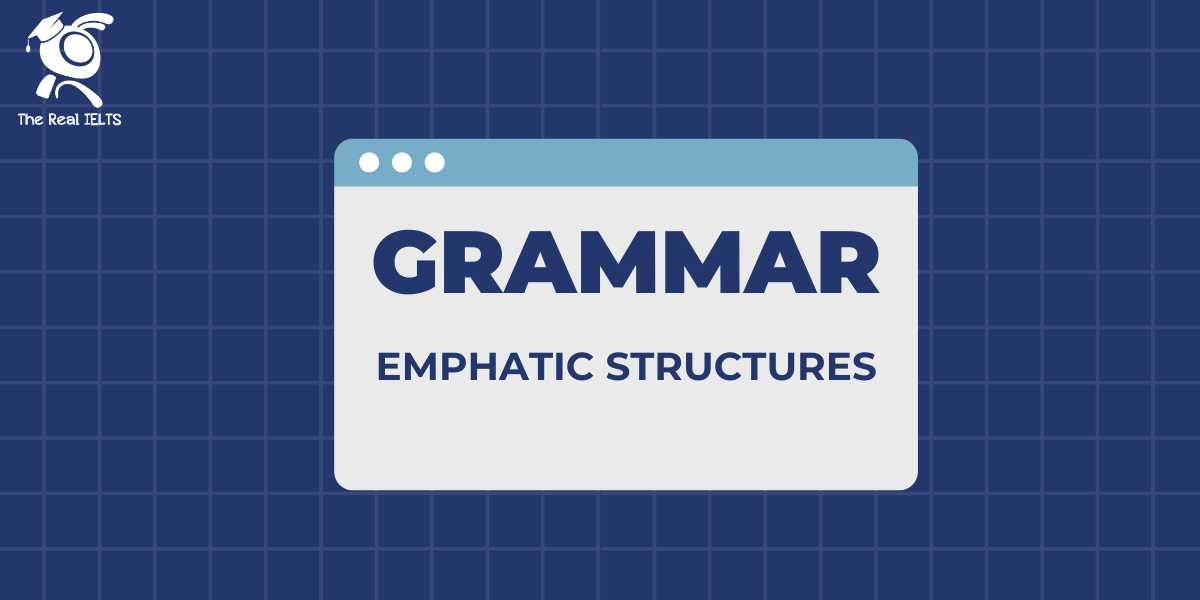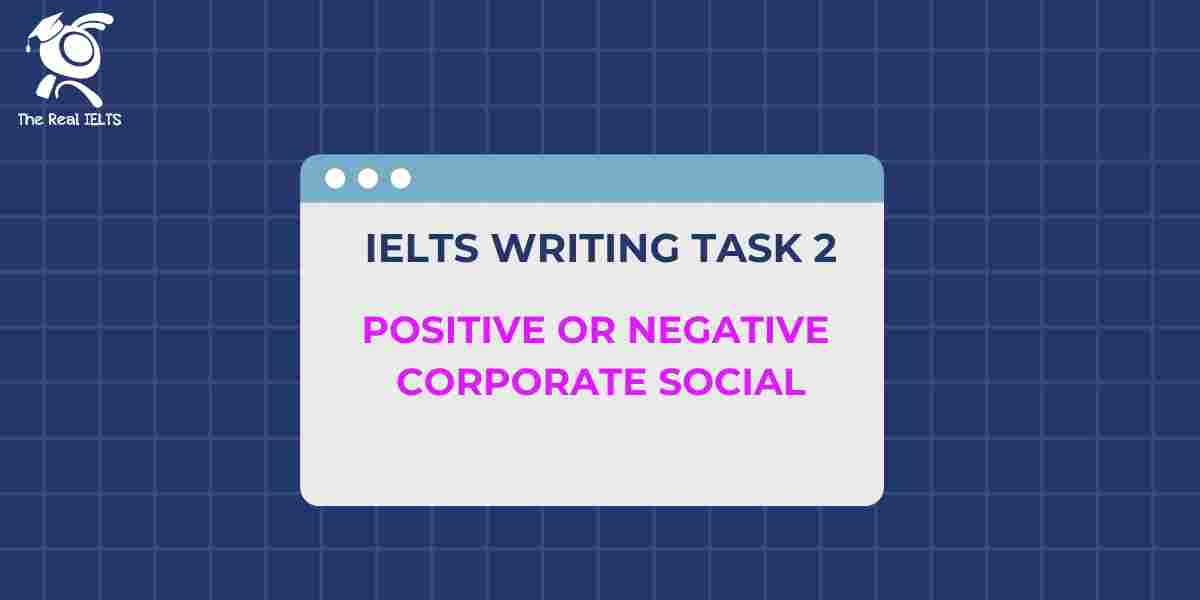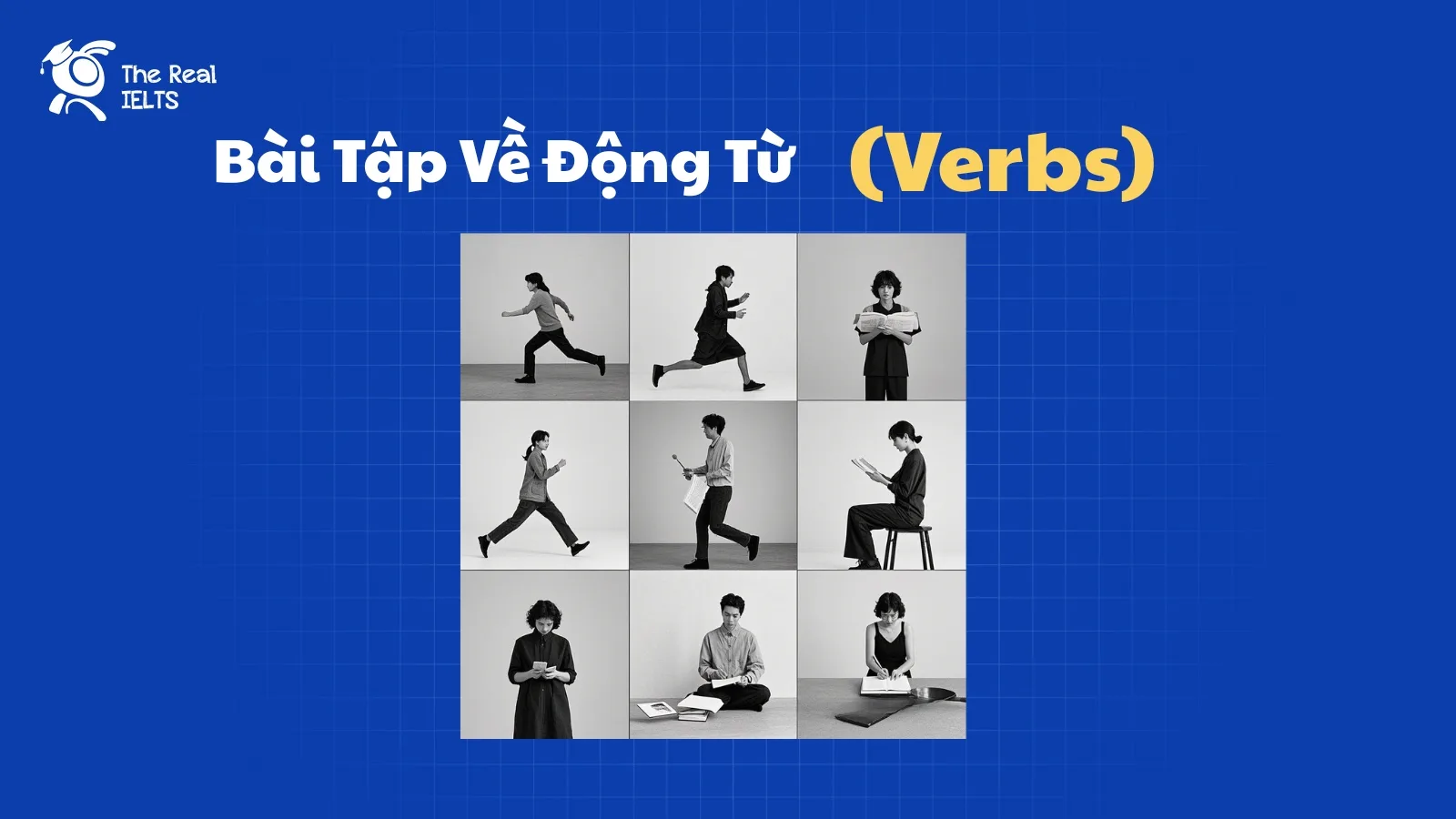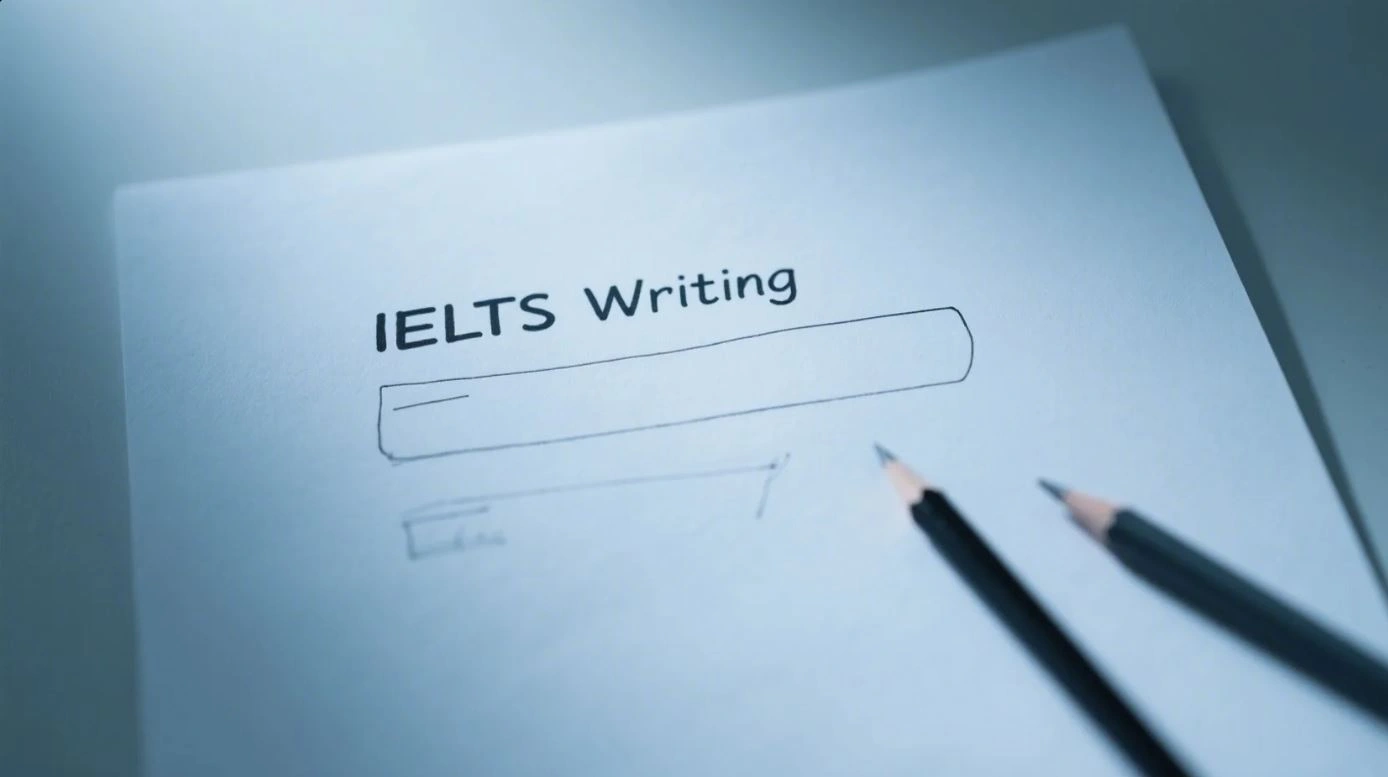Tính từ sở hữu (possessive adjectives) là một phần quan trọng của ngữ pháp, giúp chúng ta thể hiện mối quan hệ sở hữu giữa người nói và đối tượng được đề cập. Nếu bạn muốn cải thiện kỹ năng giao tiếp và viết tiếng Anh của mình, việc hiểu rõ cách sử dụng tính từ sở hữu là điều không thể bỏ qua. Trong bài viết này, chúng ta sẽ tìm hiểu chi tiết về tính từ sở hữu và cách sử dụng chúng một cách chính xác.
Đọc thêm về: Đại Từ Nhân Xưng (Personal Pronouns) và 100 bài tập
Tính Từ Sở Hữu (Possessive Adjectives) Là Gì?
Tính từ sở hữu trong tiếng Anh là những từ được sử dụng để chỉ sự sở hữu hoặc mối quan hệ giữa người hoặc vật với một đối tượng nào đó. Các tính từ sở hữu không đứng độc lập mà luôn đi cùng với một danh từ để mô tả mối quan hệ của danh từ đó với người hoặc vật.
Các Tính Từ Sở Hữu Phổ Biến Trong Tiếng Anh
Dưới đây là danh sách các tính từ sở hữu thông dụng:
- My: của tôi
- Your: của bạn, của các bạn
- His: của anh ấy
- Her: của cô ấy
- Its: của nó (dùng cho đồ vật, con vật)
- Our: của chúng ta, của chúng tôi
- Their: của họ, của chúng nó
Cách Sử Dụng Tính Từ Sở Hữu
Tính từ sở hữu luôn đứng trước danh từ để chỉ mối quan hệ sở hữu. Dưới đây là cách sử dụng từng tính từ sở hữu trong câu.
3.1. My (Của Tôi)
Tính từ my được dùng để thể hiện sự sở hữu của người nói đối với một đối tượng.
Ví dụ:


- This is my book. (Đây là quyển sách của tôi.)
- My house is very big. (Nhà của tôi rất lớn.)
3.2. Your (Của Bạn, Của Các Bạn)
Your có thể được sử dụng để chỉ sự sở hữu của một hoặc nhiều người đối với đối tượng nào đó.
Ví dụ:
- Is this your pen? (Đây có phải là bút của bạn không?)
- Your team is very strong. (Đội của các bạn rất mạnh.)
3.3. His (Của Anh Ấy)
His chỉ sự sở hữu của một người nam.
Ví dụ:


- His car is new. (Xe của anh ấy là xe mới.)
- That is his dog. (Đó là con chó của anh ấy.)
3.4. Her (Của Cô Ấy)
Her chỉ sự sở hữu của một người nữ.
Ví dụ:
- Her dress is beautiful. (Chiếc váy của cô ấy rất đẹp.)
- I like her idea. (Tôi thích ý tưởng của cô ấy.)
3.5. Its (Của Nó)
Its được sử dụng cho các đối tượng không phải con người, như đồ vật, động vật hoặc khái niệm trừu tượng.
Ví dụ:
- The cat is licking its paws. (Con mèo đang liếm chân của nó.)
- The company is changing its policy. (Công ty đang thay đổi chính sách của nó.)
3.6. Our (Của Chúng Tôi, Của Chúng Ta)
Our thể hiện sự sở hữu của nhiều người, trong đó có người nói.
Ví dụ:
- This is our project. (Đây là dự án của chúng ta.)
- Our school is the best. (Trường của chúng tôi là trường tốt nhất.)
3.7. Their (Của Họ, Của Chúng Nó)
Their chỉ sự sở hữu của một nhóm người hoặc vật, không bao gồm người nói.
Ví dụ:
- Their house is next to ours. (Nhà của họ ở cạnh nhà chúng tôi.)
- The students are doing their homework. (Các học sinh đang làm bài tập về nhà của họ.)
Một Số Lưu Ý Khi Sử Dụng Tính Từ Sở Hữu
- Tính từ sở hữu không thay đổi theo số ít hay số nhiều của danh từ. Ví dụ: “his book” (quyển sách của anh ấy) và “his books” (những quyển sách của anh ấy) đều dùng “his”.
- Không nhầm lẫn giữa tính từ sở hữu và đại từ sở hữu. Ví dụ: “This is my car” (Đây là xe của tôi) sử dụng tính từ sở hữu, trong khi “This car is mine” (Chiếc xe này là của tôi) sử dụng đại từ sở hữu.
Tìm và sửa lỗi sai trong các câu sau
- I love hers book because it has a great story.
- These are mine friends, not yours.
- She forgot to bring hers keys to the meeting.
- Their’s house is bigger than mine.
- He has two dogs, but he loves her dog more.
- This pencil is my, please return it.
- Ours car is parked over there.
- You need to finish your’s homework before playing.
- Her’s advice is always helpful to me.
- His friends are more reliable than his’ colleagues.
- We like their’s house because it’s very modern.
- These books are her’s, not mine.
- Their cat and their’s dog always fight with each other.
- Your’s phone is ringing on the table.
- This chair is hers’ favorite in the office.
- My’s parents are coming to visit this weekend.
- Their’s idea was brilliant, but they couldn’t implement it.
- His’ car is faster than ours.
- Her’s shoes are in the closet, next to mine.
- This is mine bag, not his’.
- The restaurant is ours’ favorite place to eat.
- My house is smaller than their’s house.
- She needs to update her’s resume for the new job.
- My’s job is very stressful at the moment.
- The report was completed by his’ team.
- I left mine keys at home.
- Their house is newer than her’s house.
- This isn’t your’s book; it’s mine.
- Our’s project is due next week.
- He always forgets his’ wallet at home.
- Hers’ brother is taller than mine.
- This jacket is mine, not your’s.
- His’ opinion was respected by the group.
- Their’s plans changed at the last minute.
- The team prefers your’s idea over mine.
- She couldn’t find her’s glasses anywhere.
- The solution was his’, but the execution was ours’.
- Our’s house is located on the same street as theirs.
- Hers’ dog is the friendliest one at the park.
- I think this is mine pen, not hers’.
- His’ advice helped me solve the problem.
- Your’s attitude towards work is very professional.
- I believe this is her’s bag, not mine.
- My’s car needs to be serviced soon.
- Their’s suggestions were implemented successfully.
- She thinks her’s plan is better than ours’.
- The computer is hers’, not the company’s.
- His’ laptop was left at the office.
- I accidentally took your’s notebook instead of mine.
- This is mine phone; yours’ is over there.
- The report was written by her’s team.
- His’ decision surprised everyone in the meeting.
- This is our’s favorite restaurant in town.
- The solution is hers’, but the credit goes to someone else.
- My’s opinion is that we should proceed with caution.
- The teacher praised your’s presentation.
- This book is hers’, but the notebook is mine.
- Their’s vacation plans were postponed.
- His’ explanation was clear and concise.
- This is your’s chair, not mine.
- The cat belongs to their’s neighbor.
- The project was completed by our’s team.
- Her’s effort in the project was outstanding.
- I think these are your’s shoes, not mine.
- His’ friends are coming to the party later.
- I found her’s phone on the table.
- Their’s dog always runs away from home.
- The report is her’s responsibility, not mine.
- I think his’ car is parked outside.
- Their’s proposal was accepted by the board.
- I left my’s wallet in the car.
- His’ jacket is hanging on the chair.
- This is mine decision, not yours’.
- She forgot to bring her’s notebook to the meeting.
- His’ idea was brilliant, but the team rejected it.
- This is our’s final chance to succeed.
- Their’s project deadline is fast approaching.
- He left his’ keys on the desk.
- Her’s car is parked in the garage.
- I believe this is your’s hat, not mine.
- Their’s explanation was confusing.
- His’ computer is much faster than mine.
- I left mine umbrella at home.
- Their’s plan was more efficient than ours’.
- This is my’s favorite song, not hers’.
- His’ behavior was unacceptable during the meeting.
- The decision is hers’, but the responsibility is mine.
- Our’s vacation starts next week.
- I think this is their’s house, not ours’.
- His’ opinion is valuable to the team.
- The responsibility is hers’, not the manager’s.
- This is your’s chance to prove yourself.
- Their’s response was quicker than expected.
- I believe this is mine pen, not yours’.
- The suggestion was his’, but the execution was theirs’.
- Our’s presentation is scheduled for tomorrow.
- This is her’s favorite book, not mine.
- I believe his’ contribution was essential to the project.
- Their’s cooperation made the project a success.
- His’ shoes are newer than mine.
Đáp án cho 100 câu bài tập:


- I love her book because it has a great story.
- These are my friends, not yours.
- She forgot to bring her keys to the meeting.
- Their house is bigger than mine.
- He has two dogs, but he loves his dog more.
- This pencil is mine, please return it.
- Our car is parked over there.
- You need to finish your homework before playing.
- Her advice is always helpful to me.
- His friends are more reliable than his colleagues.
- We like their house because it’s very modern.
- These books are hers, not mine.
- Their cat and their dog always fight with each other.
- Your phone is ringing on the table.
- This chair is her favorite in the office.
- My parents are coming to visit this weekend.
- Their idea was brilliant, but they couldn’t implement it.
- His car is faster than ours.
- Her shoes are in the closet, next to mine.
- This is my bag, not his.
- The restaurant is our favorite place to eat.
- My house is smaller than their house.
- She needs to update her resume for the new job.
- My job is very stressful at the moment.
- The report was completed by his team.
- I left my keys at home.
- Their house is newer than her house.
- This isn’t your book; it’s mine.
- Our project is due next week.
- He always forgets his wallet at home.
- Her brother is taller than mine.
- This jacket is mine, not yours.
- His opinion was respected by the group.
- Their plans changed at the last minute.
- The team prefers your idea over mine.
- She couldn’t find her glasses anywhere.
- The solution was his, but the execution was ours.
- Our house is located on the same street as theirs.
- Her dog is the friendliest one at the park.
- I think this is my pen, not hers.
- His advice helped me solve the problem.
- Your attitude towards work is very professional.
- I believe this is her bag, not mine.
- My car needs to be serviced soon.
- Their suggestions were implemented successfully.
- She thinks her plan is better than ours.
- The computer is hers, not the company’s.
- His laptop was left at the office.
- I accidentally took your notebook instead of mine.
- This is my phone; yours is over there.
- The report was written by her team.
- His decision surprised everyone in the meeting.
- This is our favorite restaurant in town.
- The solution is hers, but the credit goes to someone else.
- My opinion is that we should proceed with caution.
- The teacher praised your presentation.
- This book is hers, but the notebook is mine.
- Their vacation plans were postponed.
- His explanation was clear and concise.
- This is your chair, not mine.
- The cat belongs to their neighbor.
- The project was completed by our team.
- Her effort in the project was outstanding.
- I think these are your shoes, not mine.
- His friends are coming to the party later.
- I found her phone on the table.
- Their dog always runs away from home.
- The report is her responsibility, not mine.
- I think his car is parked outside.
- Their proposal was accepted by the board.
- I left my wallet in the car.
- His jacket is hanging on the chair.
- This is my decision, not yours.
- She forgot to bring her notebook to the meeting.
- His idea was brilliant, but the team rejected it.
- This is our final chance to succeed.
- Their project deadline is fast approaching.
- He left his keys on the desk.
- Her car is parked in the garage.
- I believe this is your hat, not mine.
- Their explanation was confusing.
- His computer is much faster than mine.
- I left my umbrella at home.
- Their plan was more efficient than ours.
- This is my favorite song, not hers.
- His behavior was unacceptable during the meeting.
- The decision is hers, but the responsibility is mine.
- Our vacation starts next week.
- I think this is their house, not ours.
- His opinion is valuable to the team.
- The responsibility is hers, not the manager’s.
- This is your chance to prove yourself.
- Their response was quicker than expected.
- I believe this is my pen, not yours.
- The suggestion was his, but the execution was theirs.
- Our presentation is scheduled for tomorrow.
- This is her favorite book, not mine.
- I believe his contribution was essential to the project.
- Their cooperation made the project a success.
- His shoes are newer than mine.
Ví Dụ Thực Tế
Dưới đây là một vài ví dụ để giúp bạn hiểu rõ hơn về cách sử dụng tính từ sở hữu:
- My sister and her friend are going to the park. (Chị gái của tôi và bạn của cô ấy đang đi đến công viên.)
- We are visiting their house this weekend. (Chúng tôi sẽ đến thăm nhà của họ vào cuối tuần này.)
- The dog is playing with its toy. (Con chó đang chơi với đồ chơi của nó.)
Tính từ sở hữu (possessive adjectives) đóng vai trò quan trọng trong việc thể hiện mối quan hệ sở hữu trong tiếng Anh. Khi nắm vững cách sử dụng các tính từ này, bạn sẽ có thể giao tiếp tự tin và chính xác hơn.



